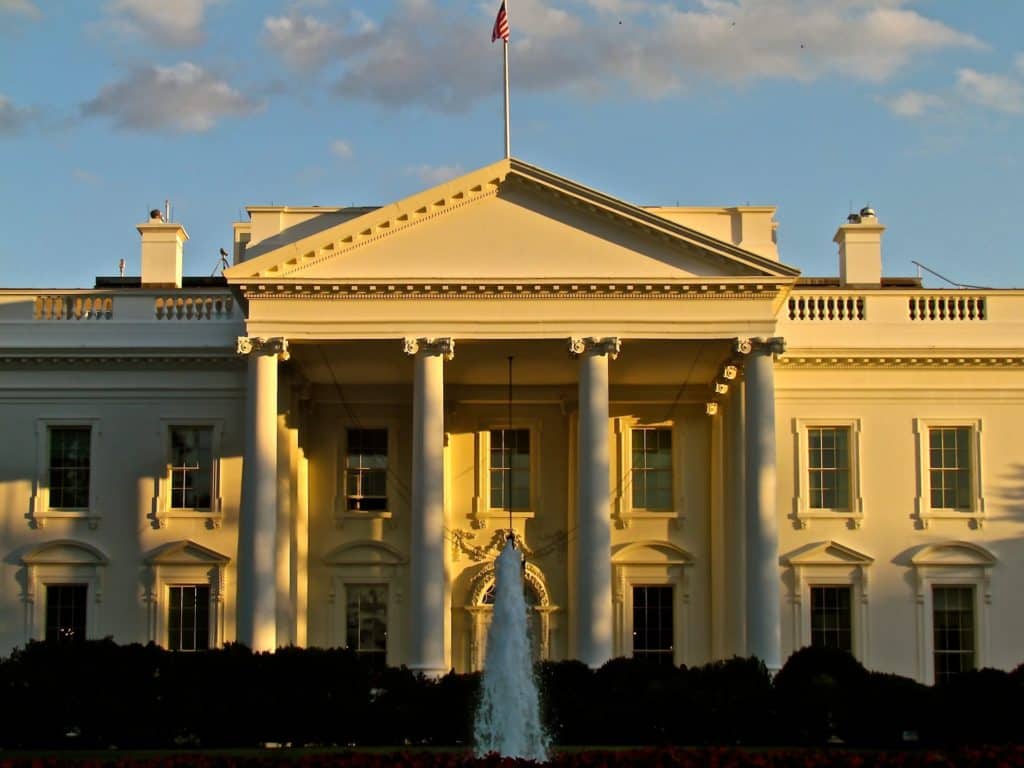Federal Contracting
The administration announced that they would take more actions to contract for products and services with small disadvantaged businesses. Specifically, they pledged to grow federal contracting with small disadvantaged businesses by 50 percent, translating to an additional $100 billion over five years.
To qualify as a “small disadvantaged business,” a business must meet the SBA 8(a) criteria and become a certified 8(a) business. These businesses can participate in set-aside programs. Other groups that can participate in federal set-asides contracting are women-owned, historically underutilized business (HUB) zones, and service-disabled veteran-owned small businesses. It’s unclear if these groups are included in the expanded federal contracting initiative, though it’s worth registering with the SBA anyway if you haven’t already.
Community Revitalization Fund
The proposal also includes a $10 billion Community Revitalization Fund to “support community-led civic infrastructure projects that create innovative shared amenities, spark new local economic activity, provide services, build community wealth, and strengthen social cohesion.” The fund doesn’t have any further information associated with it, so it is likely being dispersed through grants and federal contracting.
If your business is in any way associated with infrastructure or with providing necessary services to your community, then keep an eye out for grants on grants.gov and other open contracts on sam.gov. There’s sure to be a lot of funding becoming available over the coming months.
Infrastructure
A major focus of the administration is infrastructure and housing. These two areas also happen to be historically linked to unequal opportunity and systemic racism. The White House is proposing $15 billion to support the planning, removal, or retrofitting of transportation infrastructure that creates a barrier to community connectivity, including barriers to mobility and access. Again, if your business is involved in any way with building infrastructure, keep an eye out for grants and federal contracts.
Unlocking Possibilities Program
The Unlocking Possibilities Program goes along with the “housing” part of “infrastructure and housing.” The program sets aside $5 billion for a new grant program that awards “funding to jurisdictions that take steps to reduce needless barriers to producing affordable housing and expand housing choices for people with low or moderate incomes.”
Translated, that means there’s a lot of money and other incentives becoming available to assist in building affordable housing. It could also mean that some cities and counties will be incentivized to change their zoning rules to allow for housing options such as multi-family complexes. For real estate developers and landlords, among others in the housing ecosystem, this could mean that contributing to affordable housing will make for an attractive next project.
Other Small Business Programs
In addition to these specific initiatives, $31 billion is being set aside for small business programs. These are intended to increase access to capital, as well as to the tools disadvantaged small businesses need to succeed in the form of mentoring, networking, and other forms of technical assistance. Among these programs is the SBA’s Community Navigator Pilot Program, which is available through grants.gov, with recipients announced in August.
As with the other programs, keep an eye out for grants and federal contracts on grants.gov and sam.gov, respectively. On grants.gov, get more targeted with your search by filtering for those intended for “small businesses.” On sam.gov, try filtering for “set asides” if you qualify.
Last Word on the Biden-Harris Initiatives
For most of these programs, the White House has not announced where the funds will be available, specifically. This typically means that the funding will be available under various grants and federal contracts. They may also be dispersed through SBA programs, such as the 8(a) program. Be sure to keep up to date — you may even find some grants that aren’t directly part of these initiatives, but that can help immensely!
Finally, if you’re a socially or economically underserved business owner, apply to register for an applicable SBA program as soon as possible. Registering will go a long way in ensuring that you are eligible for set-asides, grants, and flexible funding, for these initiatives and beyond.


